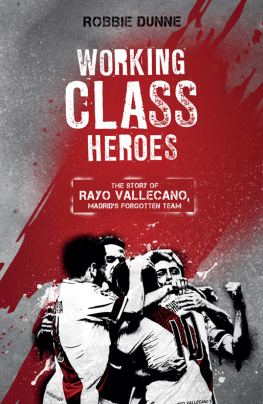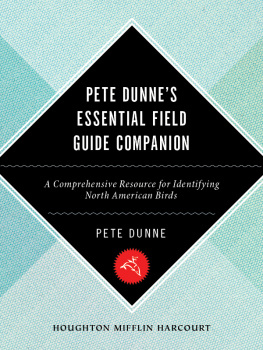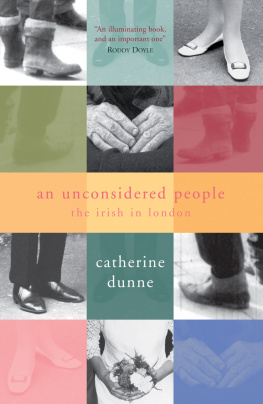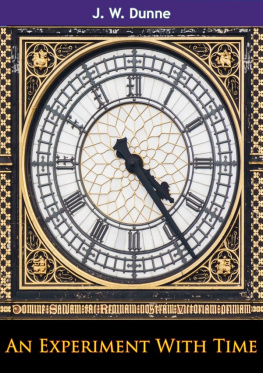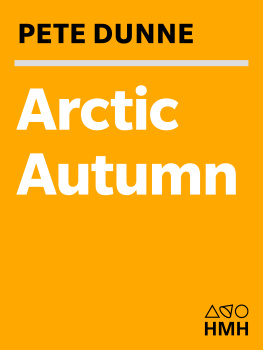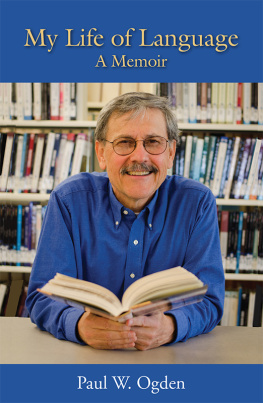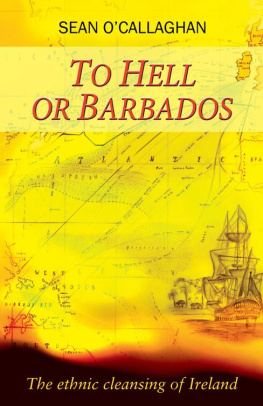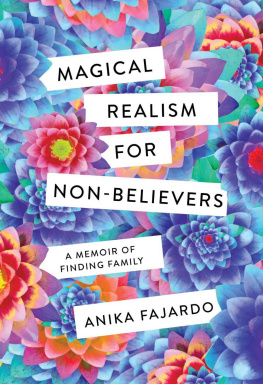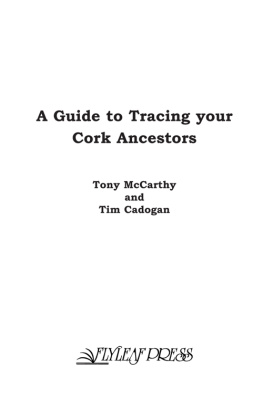R ebellions was first published in February 2004 and met with an interesting range of responses. For this new edition I have added a chapter on the reception of the book, not only by historians, but also in the media generally, and by the many individuals who wrote to me, some of them with family histories or experiences similar to my own. The book was particularly controversial in Wexford, especially for its treatment of the Scullabogue massacre. More unexpectedly, the chapter on my early years as a member of the Christian Brothers led to an invitation to give evidence to the Commission to Inquire into Child Abuse, chaired by Mr Justice Sen Ryan. Together with reading the subsequent Commission Report, this has led me to re-assess my time in religious life, and much else about my childhood and the society in which I grew up. Analysing all of these responses, I came to focus on a theme common to many of them, the conflict between emotional attachment to self-affirming community narratives and the evidence of contrary realities or between tradition and history. This was clear, for example, in the response of the Christian Brothers to the Ryan Commission, as well as in the inability of many in Wexford to face the facts of what happened at Scullabogue.
The new chapter also adds a final layer to this experiment in writing history framed in a series of contexts. The core of the book is still the detailed account of the pivotal and extraordinarily violent battle of New Ross on 5 June 1798, and the massacre at Scullabogue nearby. It is introduced by this historians attempt to understand his own history and his family and personal relationships to those events. This is followed by his response to the official bicentenary of the Rebellion, including interpretations by historians particularly associated with it. Now, in this edition, my account of the bloodiest day of the Rebellion is followed by an attempt to understand the reactions to the book and to use them to reflect further on my life and my work as an historian.
The new chapter has been particularly difficult to write and I am immensely grateful to those who read and commented on drafts: Ian dAlton, Stefan Collini, Louis Cullen, Roy Foster, John-Paul McCarthy, John Maguire, Celestine Rafferty, and especially Clare OHalloran, whose advice and support were, as ever, indispensable. Antony Farrell, my publisher, has been a great champion of unconventional writing, and I am very grateful to him that, having taken a risk with the first edition, he is prepared to do so again with a second. This time I have a new editor, who also happens to be my daughter, Fiona. I have long admired her acuity and her sensitivity to language, and it has been a great pleasure, as well as privilege, to work with her.
TOM DUNNE, CORK, SEPTEMBER 2010
O n a cold bright winters day, early in 1995, I stood for the first time on Vinegar Hill overlooking the town of Enniscorthy, Co. Wexford, and the solitary hour I spent there affected me deeply. I was surprised at how small the area was and tried to imagine it thronged with people when the hill served as a major rebel camp for three hot summer weeks in 1798. Harder still to imagine were the scenes that marked the last bloody battle for the hill, when terraced thousands died, shaking scythes at cannon. This striking image of Seamus Heaneys portrayed the rebels as country people, like my paternal ancestors, farming just south-west of the town in that panorama of rich agricultural land visible from the summit. My own initial sense of 1798, however, was an urban one, from beyond the southern horizon in my home town of New Ross. It came above all from my mother, Joanna, the first historian I knew. Her mental map of the county, where she spent her whole life, consisted of generations of complex interfamily connections, radiating out from her own family, the Rices. She had a particular pride and interest in her great-great-grandfather, John Rice of the Irishtown in New Ross, killed in the aftermath of the horrific battle for the town on 5 June 1798, and in his cousin, Edmund Ignatius Rice, who founded the Irish Christian Brothers four years later in nearby Waterford.
I had climbed the hill that day not out of historical curiosity, but to recover from an unsettling visit with my mother in a nearby nursing home. She had suffered a series of strokes four years earlier at the age of eighty-two, and had borne confinement to a wheelchair with her usual fortitude and good humour. That day, the gradual deterioration in her speech and slow fading of her memory reached some kind of crisis for her, and she became distressed at her inability to communicate with me. That in itself was a shock. She had always kept from her children, and particularly from me, the eldest, the true extent of her suffering. When my father died sixteen years earlier, for example, she hid her intense and constant fear of living alone, admitting it fully only in the security of the nursing home she had chosen to move to before it seemed necessary. She had a fierce independence, and would not be a burden on any of her six children, scattered widely in Ireland and overseas. Now she could not conceal her condition, and this was part of her distress.
The inability to communicate properly involved the diminution of her greatest resource for coping with her environment and making sense of her world. An ease with language had long been at the core of her remarkable charm, partly natural, partly the product of her many years in business. She could sell sand to an Arab, was my fathers regular and not altogether admiring comment. For her, business often seemed less about profit than conversation ; her customers were for the most part neighbours, friends or lifelong acquaintances. She sold them footwear almost as a postscript to leisurely discussion of family and relationships, often involving stories of childhood about which she had an intense nostalgia.
Now that flood of talk had dried to a trickle and instead, when I visited I retold the stories as I remembered them, she would smile or say the odd word. Gradually I became aware of other aspects of the loss involved in her enforced silence; I remembered so few of her stories, and could trace family connections only to a limited degree. As we went through her old photograph album, it was already too late to fill the gaps in my knowledge. Also, we were at cross purposes mine concerned fact and meaning, hers the shards of memory. More separated us than age. While, like her, I make sense of my life through stories, I am trained to interrogate other peoples stories in the light of the knowledge and understanding of the past that academic history has developed. For her the historical 1798 the Catholic nationalist account encapsulated in the ballads and statues of the centenary of the Rebellion, a decade before my mothers birth and the family story of the death of her great-great-grandfather were seamlessly joined. He died for Ireland and in defence of the weak, a heroic death comparable to the heroic life of his cousin Edmund, as she saw it.
Standing on the rocky summit of Vinegar Hill that day, and seeking distraction from the sadness of her enforced silence by imagining the bustle of the rebel camp, I was struck by the conflict between the popular or communal memory of 1798 and how historians like myself write about it. It is not simply that we are impelled to historicize that memory, explaining it as a It now struck me, with some unease, that my criticism of the United Irish failure to understand popular culture could be applied to myself, and indeed to modern historians in general. Academic history all too often lacks empathy with the individual stories that both constitute and reflect communal memory. The nature and even existence of such memory is contested and problematic, not least because of politically inspired attempts to shape or manipulate it.


